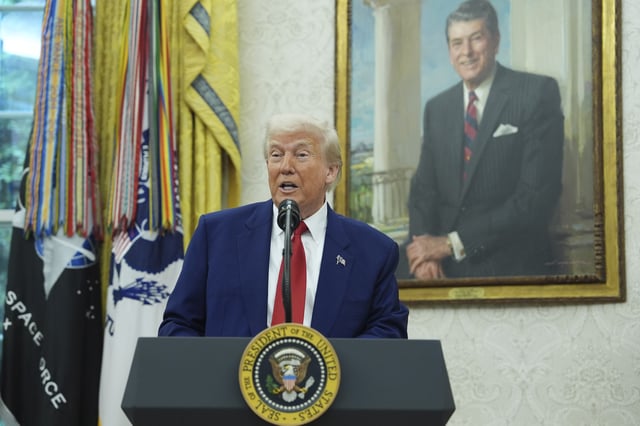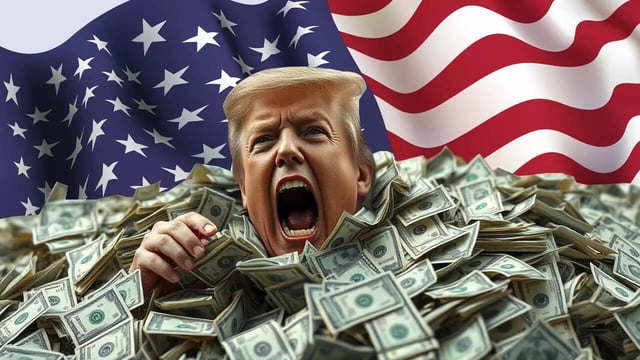Overview
- The bill is projected to add more than $5 trillion to the national debt over the next decade, according to the Committee for a Responsible Federal Budget.
- White House economic advisers maintain that higher growth rates and increased tariff revenues will shrink deficits relative to GDP.
- Most outside economists warn that the extra borrowing will keep interest rates elevated and undermine long-term growth.
- Republican Sens. Ron Johnson and Rand Paul have signaled they could stall or block the legislation until concrete spending cuts are agreed.
- The nation’s debt has surpassed $36.1 trillion and yields on 10-year Treasury notes have climbed to about 4.5%, up sharply from post-2017 lows.


